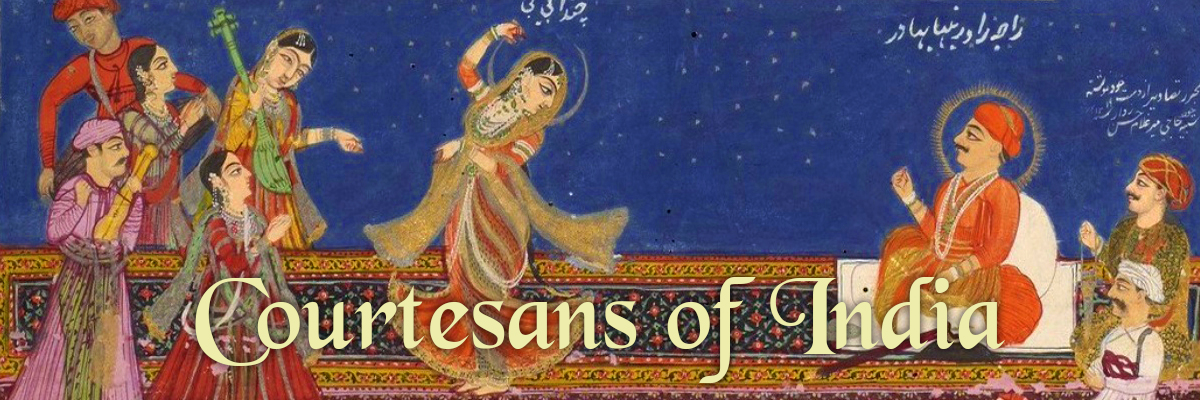Abstract: Prostitution is a cultural practice, and the purchase and sale of sex take diverse forms. This article uses ethnographic research to examine elite prostitution within Heera Mandi, the traditional red-light district of Lahore, Pakistan, and demonstrates that the signifiers of status for elite tawa’if (courtesans) have altered as their client base has changed. Traditionally portrayed as the carriers of culture, the contemporary tawa’if is frequently lamented as debased and divorced from her heritage and skills in the performing arts. This article argues that contemporary courtesan culture still requires significant investment in cultural capital and social skills, but that these have taken new forms. The globalization of prostitution and the hybridization of cultures are shown to influence the performance of the courtesan, particularly in the mujra – the singing and dancing show. Today’s tawa’if is argued to be a cultural production, a woman who uses her cultural, social and sexual capital in performances that negotiate hierarchies both within and outside the brothel quarter.
Centering Devadasis and Tawaifs
